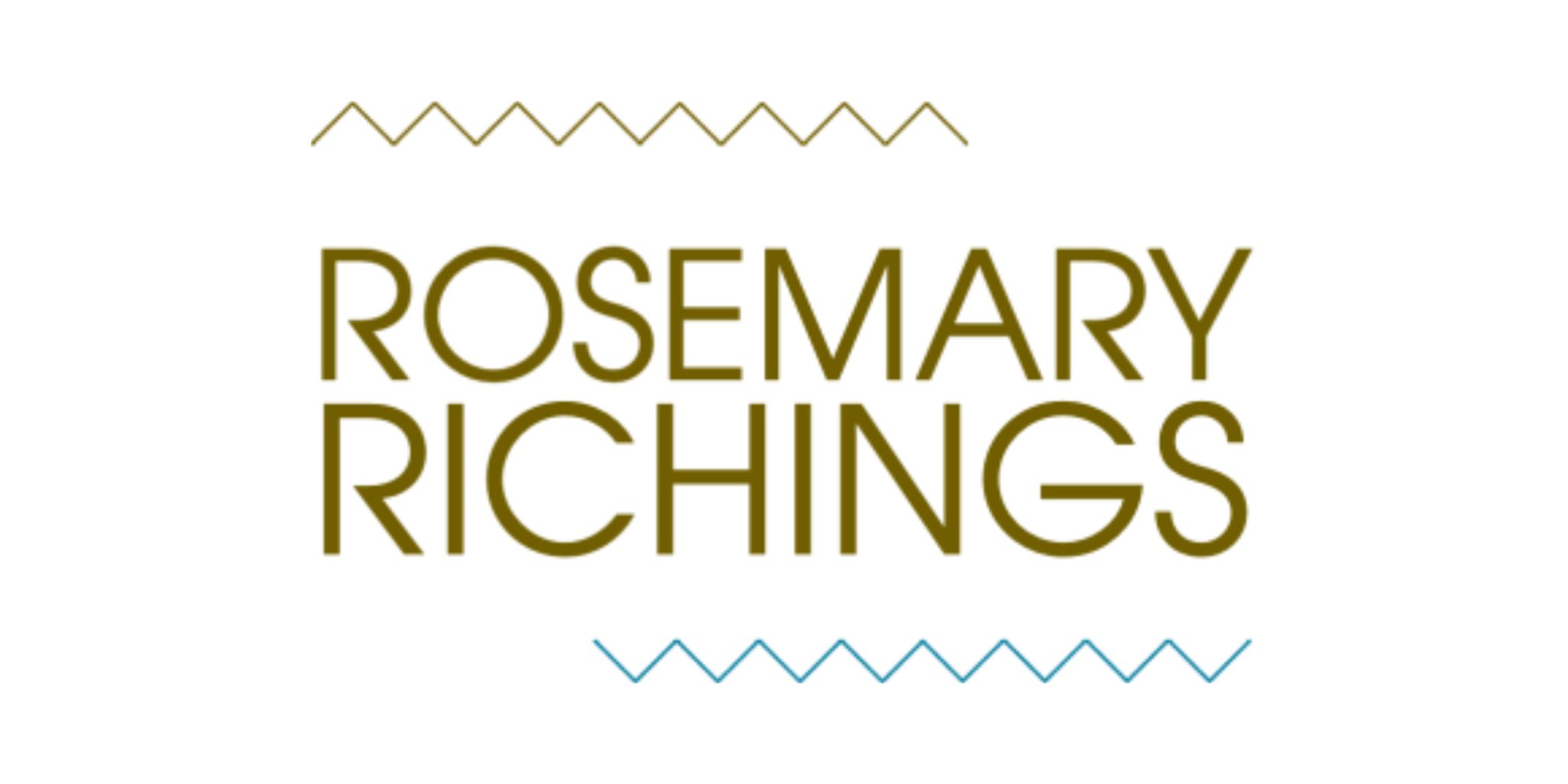It started with a demand for my contract. I had just got started writing for a brand that was so large that everyone knew exactly who they were. And so did their mothers…and grandmothers. So, I wanted to make a good impression. I also wanted to follow the rules and restrictions for contractors closely.
Not to mention, the high quote they agreed to was totally worth it! But there was just one problem. I had never written my contract myself before. So in a scrambled panic, I shopped around for a few contract writing software options. Then I found AND CO. But I’ll tell you more about that in a minute.
In short, AND CO made writing my contract a lot easier
I’ve signed and read plenty of contracts. But I don’t speak legalese. Because I’m not willing to sign a contract without understanding what I’m agreeing to, this takes a lot of time. So, the feeling that comes to mind is “overwhelmed” when I read a contract. When I had to write my contract for the first time the usual, icky, “not another contract” feelings were amplified severely. Because I’m not a lawyer (obviously). So I needed an accessible solution.
Here’s how And CO made a huge difference.
Because I respect and value the legal profession, I also encourage you to get a second opinion from a legal professional on anything you’re not sure about.
1) When writing my contract, the software provides Legalese to simple English translations
First of all, let’s get the definition of legalese out of the way. When I Googled the term, I found a lot of different definitions. But the one I liked the most was the Cambridge dictionary definition:
The language used by lawyers and in legal documents that is difficult for ordinary people to understand.
This involves using legal language that you need a Law degree to “get”. The opposite of that is Simple English. Simple English is how we all talk to our friends, our neighbours, and family.
As much as I’d love for “all” contracts to be in simple English, I also realize that it’s an industry standard. I could attempt to write like a lawyer, which I don’t really have the proper training to replicate the lingo. Or I could pay someone who can do it for me, which is an expensive investment.
Instead, I use AND CO’s contract software, which translates my needs as an independent contractor into lawyer-speak. When you create a contract the software asks you to answer a series of yes or no/ fill in the blanks questions. These questions help the software determine how it can reflect the needs of the project you’re currently working on.
However, to make sure you understand the questions it includes a simplified explanation of what you’re saying yes or no to. This shows up when you change the default answers to something else. For example, here’s what happens when I change the non-compete clause from its default, a “no” to a “yes”:

Although the default options aren’t exactly random
When AND CO created their contract software the Freelance Union vetted the software. The point was to create an accessible option that complies with the Freelance Isn’t Free Act, a New York law designed to protect local freelancers. Through its partnerships with the Freelance Union and Fiverr, AND CO’s contract software helps freelancers get strong, professional relationships off the ground.
Even if you’re not based in New York, many of the contract clauses options are likely relevant to the work you do as well.
In fact, I’m a Canadian and the contracts default clauses help protect me against sketchy client behaviour that’s a deal-breaker for me. E.G: clients who refuse to pay, and anyone who tries to bargain down my costs. If you’re unfamiliar with the Freelance Isn’t Free Act, the Freelance Union’s blog post on this subject will tell you what you need to know.
Anyone that’s a long-term reader of my blog knows that I often criticize platforms like Fiverr. So, I had conflicting views of Fiverr’s direct involvement with AND CO at first. But the CEO’s reasons for acquiring AND CO helped me see this partnership in a more favourable light. Because the CEO is interested in enabling offline, professional relationships, which is something I also value.
2) It’s customizable
Although the default contract options are a great starting point for freelancers who know what to put on their contract, some customization is necessary. Because not only will the scope of a project vary, but so will the laws of a specific country, city, state, province, etc.
Once you answer the “yes” or “no” questions, questions about how much things cost, and scope of work questions you can still customize the contract. In fact, when you’re done filling out all necessary info, you can review the contract, edit it, and preview the finished product. But you have to get to the review stage of the process first:

But it’s not just the language of the contract that’s customizable. You can also produce a custom title page. However, the free version only includes your pre-set logo on the title page, doesn’t let you include custom fields and sections, and doesn’t let you remove the And Co logo/ branding.
Just like I did with my contract, you’re probably wondering: is the Pro Version worth it?
A lot depends on how customized you want your contracts to be. If you want AND CO to do most of the writing and design for you, the free version will suit you perfectly. If you also want to be able to add in fields not included automatically, the Pro Version is worth the money.
3) It doesn’t take a tech genius to figure it out…
As someone who works on blogs, I’m used to dealing with people who love the idea of starting a blog but lack the expertise to do it themselves. That’s why every app I use in my business needs to be so easy to operate that it requires no coding skills, and can serve its purpose in the click of a few buttons or less.
I also find apps with large learning curbs frustrating. Because it can’t serve its purpose until you waste time you could be spending on other things learning how it works. And…what’s the point of an app if it isn’t serving its purpose once it’s downloaded?
The best part of AND CO is that I can just answer the questions required to create a contract, and send the contract to the right person is not much time at all! If I had a large or medium-sized team I would delegate this task to someone else. But this is not something I have. So, every time I write a contract I want to finish it as quickly as possible and focus on getting my paid work done.
Besides not everyone has access to a scanner.
But there are plenty of clients out there that have no issue whatsoever with finding an electronic copy of their signature.
Regardless of budget constraints, you can attach JPGs and PNGs of your actual signature or sign contracts electronically with your initials:

But most importantly, I love the peace of mind AND CO gives me:
Even though it’s something I have to do, I don’t enjoy is chasing people down for meeting bookings and invoices. Because people can be a bit flaky and forgetful sometimes. So nothing is more reassuring than getting an automatic notification that my contract has been viewed, and also filled out. AND CO does this through its built-in smart alerts feature. Then I at least know that the contract didn’t accidentally end up in someone’s junk folder.
And if you want to experience the same sense of reassurance as I often do…
Why not sign up for AND CO and make it part of your business’s contract & project proposal process as well?
PS: New articles are published bi-weekly on Mondays. Browse more posts:
50+ B2B articles →
100+ writer-to-writer articles →




